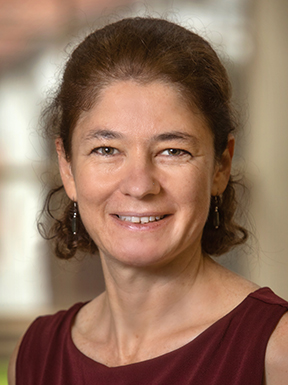Angelina Sutin, Ph.D., a professor in the Department of Behavioral Sciences and Social Medicine at the College of Medicine, is one of six Florida State University faculty members named to the Academy of Science, Engineering and Medicine of Florida in recognition of their extraordinary research accomplishments.
Sutin studies the psychological and social factors that contribute to the risk of Alzheimer’s disease and related dementias. She has brought in more than $11 million in funding from the National Institutes of Health and is a fellow of the Association for Psychological Science, the Society for Personality and Social Psychology, and the Gerontological Society of America.
The other five FSU researchers are Christopher Patrick, Department of Psychology; Richard Liang, FAMU-FSU College of Engineering; and three faculty from the Department of Chemistry and Biochemistry: Igor Alabugin; Joseph Schlenoff, and Robert Schurko.
“These six researchers are outstanding faculty members who have made significant contributions to their fields,” said FSU Vice President for Research Stacey S. Patterson. “We are incredibly proud of their accomplishments and congratulate them on being named to the Academy of Science, Engineering and Medicine of Florida.”
Founded in 2018, the academy studies issues in science, engineering and medicine of interest to the people of Florida and provides unbiased, expert advice related to these issues.
To be selected, individuals must live and work in Florida, be nominated by a current academy member, and have an outstanding record of accomplishments of international significance.
The researchers will be inducted into the academy at the organization’s annual conference in November.

